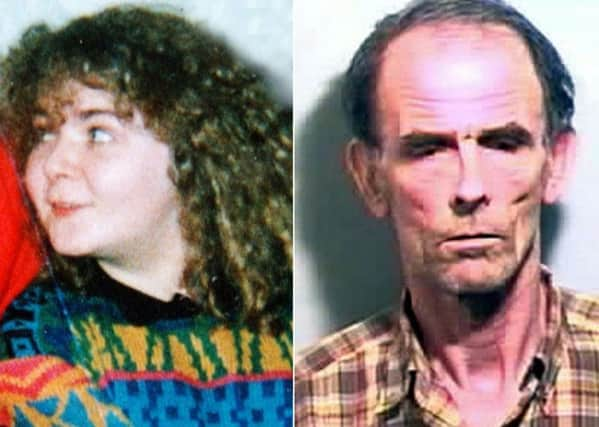Order to search Kathleen Arkinson's home came from the top, retired police officer says


Eric Anderson, a former Royal Ulster Constabulary (RUC) chief superintendent, told an inquest he remembers a meeting with Sir Hugh Annesley at police headquarters in Belfast during which the controversial decision was made.
He said: “I know and affirm that the Chief Constable gave authority for the search.”
Advertisement
Hide AdAdvertisement
Hide AdPolice and the Army swooped on Kathleen Arkinson’s home in Castlederg in April 1996 - two years after her sister went missing - and dug up her entire garden.
The court was told that Sir Hugh has no recollection of any meeting regarding the missing Co Tyrone teenager but Mr Anderson, once the most senior detective in Northern Ireland, said the lack of memory may be down to his hectic schedule.
He added: “That’s still my evidence to the court, based on the fact that the chief constable was much busier than I was.
“I again state that his permission was obtained before the search.”
Advertisement
Hide AdAdvertisement
Hide AdMeanwhile, there were some terse exchanges when Mr Anderson, who was giving evidence via Skype, was questioned about police documents he retained after his retirement in 2001.
The former detective launched a stinging attack on the makers of a television documentary in which he was secretly filmed appearing to offer the documents for sale for £700.
Mr Anderson said he had met with the UTV Insight team on the understanding that they were seeking to use his consultancy firm Just Experience but was “tricked”.
He said: “It was a deliberate attempt to discredit me by portraying me as corrupt and incompetent.”
Advertisement
Hide AdAdvertisement
Hide AdAfter seen the programme he was left in a “deeply distressed” state but insisted he had done nothing wrong.
“There was nothing controversial. It had already been aired in court,” he said.
“There was nothing in the documents that was illegal.
“The TV programme was saying these were top-secret documents for sale. They never were and they never will be.”
Mr Anderson also refuted the suggestion he had kept documents to protect himself against any potential action by the newly formed Police Ombudsman adding: “The Ombudsman had no authority over me as a retired officer. None whatsoever.”
The hearing continues.